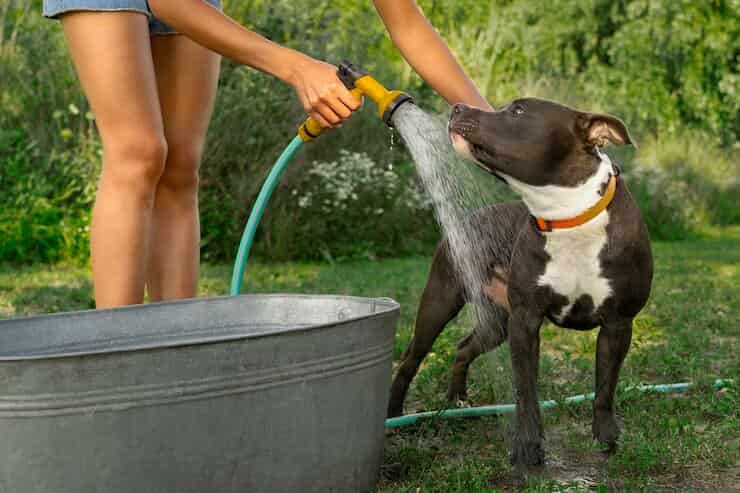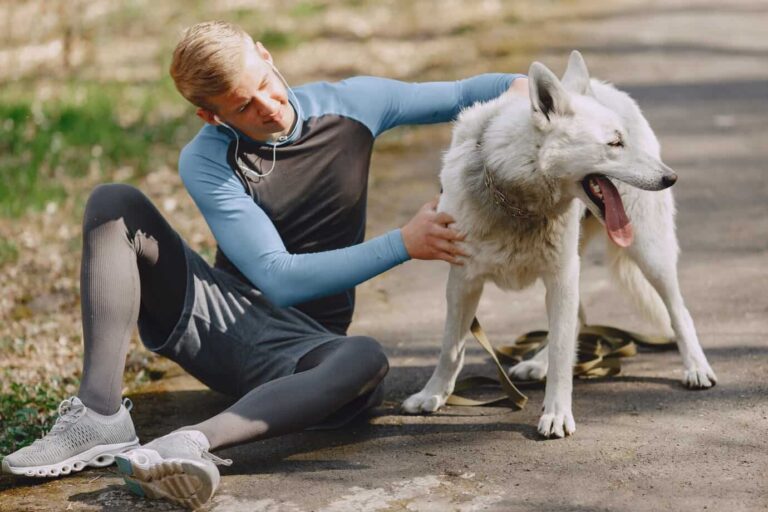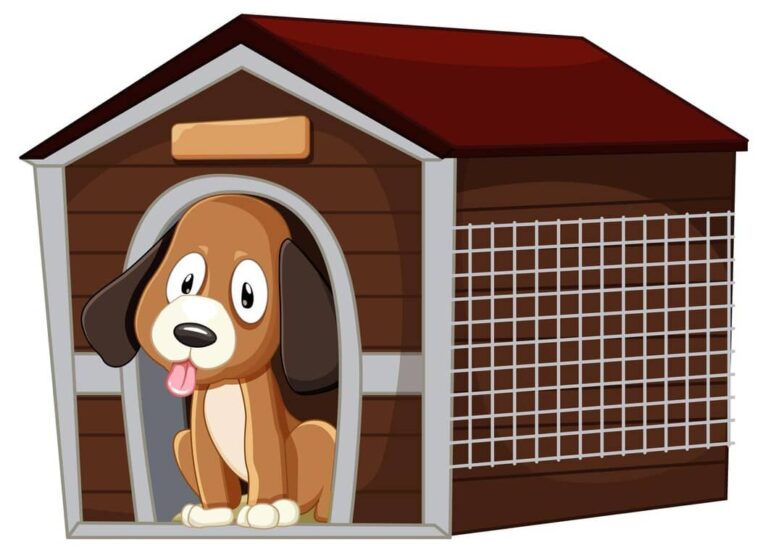© 2019 Khobish - Premium WordPress news & magazine theme by Xldevelopment.
When a dog poops blood, it can be a worrying and distressing sight for any pet owner. There can be various reasons behind a dog pooping blood, ranging from minor issues like an upset stomach to severe health problems like cancer. It is essential to understand the potential causes of blood in a dog’s stool and what you can do to help your furry friend.
Before jumping into the potential reasons for blood in a dog’s poop, it is vital to identify what exactly the blood looks like. The appearance of the blood can help determine the severity of the issue. If the blood is bright red and seems to be mixed in with the feces, it is an indication of bleeding lower in the digestive tract. On the other hand, if the blood appears dark and tarry, it could be a sign of bleeding in the upper digestive tract.
There can be several reasons why your dog is pooping blood.
Here are some of the most common causes:
- Parasites: Intestinal parasites like hookworms, whipworms, and roundworms can cause bloody stools in dogs. These parasites attach themselves to the intestinal walls and cause inflammation, leading to blood in the feces.
- Inflammatory Bowel Disease: Inflammatory bowel disease (IBD) is a chronic condition that affects a dog’s digestive tract. It can cause inflammation and damage to the intestinal lining, leading to blood in the stool.
- Colitis: Colitis is an inflammation of the colon that can cause diarrhea, mucus, and blood in a dog’s stool. It can be caused by a variety of factors, including stress, food intolerance, and infections.
- Cancer: Unfortunately, cancer is one of the more severe causes of blood in a dog’s stool. Tumors in the digestive tract can lead to bleeding and other symptoms like weight loss, vomiting, and diarrhea.
- Foreign Objects: Sometimes dogs can swallow foreign objects like bones or toys, which can cause irritation, inflammation, and bleeding in the digestive tract.
- Trauma: Blunt trauma to the abdominal area can cause internal bleeding, which can lead to blood in the stool.
- Medication: Certain medications like aspirin, NSAIDs, and steroids can irritate the digestive tract and cause bleeding.
If you notice your dog pooping blood, it is essential to take them to the vet immediately. Your vet will perform a physical exam and possibly recommend further testing like bloodwork, fecal exams, and X-rays to identify the cause of the bleeding. Depending on the underlying condition, your vet may prescribe medication, a change in diet, or even surgery.

In addition to seeking veterinary care, there are things you can do at home to help your dog when they are pooping blood. Firstly, it is important to keep your dog hydrated. Offer your dog plenty of fresh water and consider adding some low-sodium chicken broth to encourage them to drink more. You can also offer small amounts of bland food like boiled chicken and rice to soothe their digestive tract.
It is also important to keep your dog’s anus clean to prevent further irritation. You can use a warm washcloth or baby wipe to gently clean the area after your dog poops. If your dog is experiencing diarrhea, you may want to consider using a diaper or incontinence pad to prevent further irritation and mess.
When your dog is pooping blood, it is essential to monitor their behavior closely. If your dog seems lethargic, refuses food and water, or shows signs of pain, it is important to contact your vet immediately. These could be signs of a more serious issue that requires urgent attention.
Preventing your dog from pooping blood starts with maintaining its overall health. Regular vet check-ups, a healthy diet, and plenty of exercise can help.











No Comments